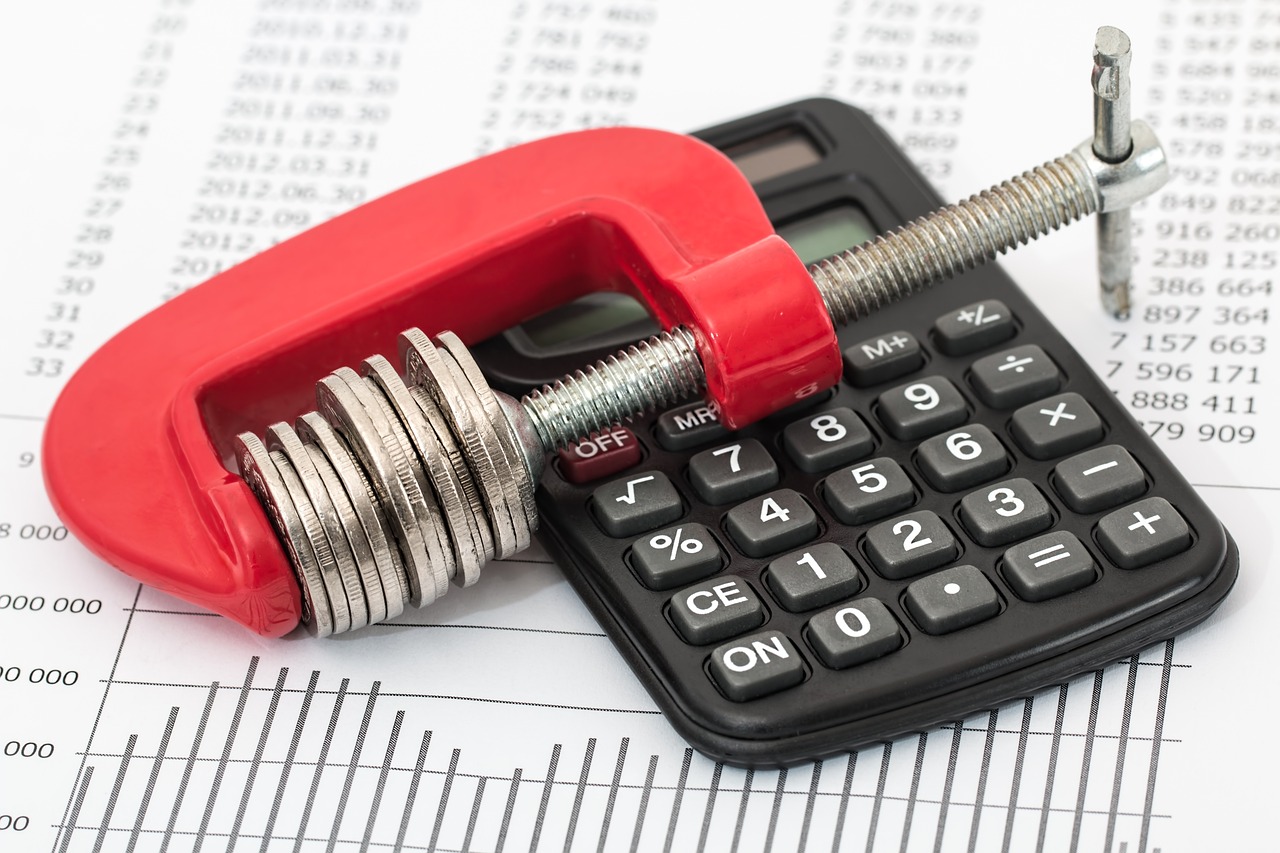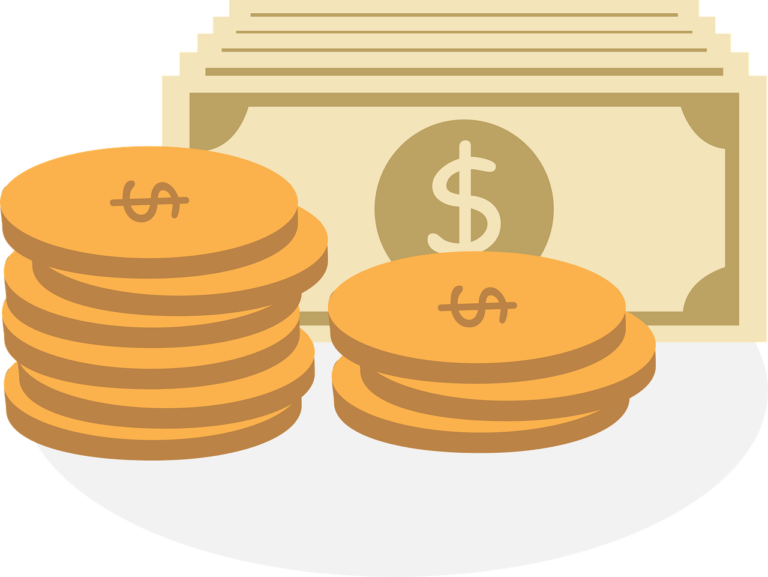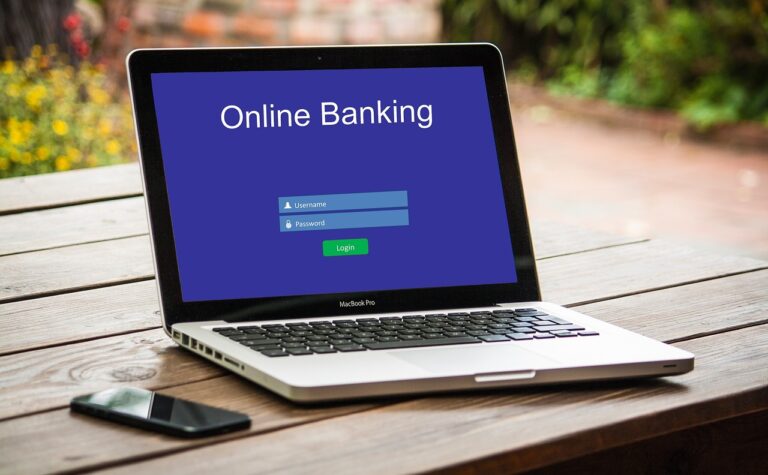Tips for Managing Debt: Navigating the Path to Financial Freedom

Debt can often feel like an overwhelming mountain, casting a shadow over your financial landscape and leaving you anxious about the future. However, managing debt effectively can transform this daunting challenge into a manageable obstacle, paving the way for a more secure and stress-free financial journey. Whether you’re dealing with credit card debt, student loans, or mortgages, strategic approaches can help you regain control. Here are some comprehensive tips for managing debt that will empower you to take charge of your finances and work towards a debt-free life.
Understand and Organize Your Debts
The first step towards managing debt is to understand and organize what you owe. Start by listing all your debts, including credit cards, student loans, personal loans, and mortgages. Note down the respective balances, interest rates, minimum monthly payments, and due dates for each debt. This detailed inventory helps you see the full scope of your financial obligations. Tools like spreadsheets or budgeting apps can assist in keeping this information accessible and organized. With a clear picture of your debt landscape, you can prioritize which debts to address first, often starting with those with the highest interest rates. This approach can save you money in the long run and reduce the overall time it takes to become debt-free.
Develop a Repayment Plan
Creating a strategic repayment plan is essential to tackling debt systematically. Two popular strategies are the debt snowball and debt avalanche methods. The debt snowball method focuses on paying off the smallest debts first, providing quick wins that build momentum and motivation. Conversely, the debt avalanche method targets debts with the highest interest rates first, which can save you more money on interest over time. Choose the method that best aligns with your financial situation and psychological preferences. Commit to making more than the minimum payments whenever possible, as this reduces the principal faster and limits the interest you accrue. Consistency is key, so ensure that your repayment plan is realistic and fits within your budget.
Consolidate Your Debts
Debt consolidation can simplify your repayment process and potentially lower your interest rates. This involves combining multiple debts into a single loan with one monthly payment, which can be more manageable and less stressful. Various consolidation options are available, including personal loans, balance transfer credit cards, and home equity loans. Before opting for debt consolidation, compare the interest rates and terms to ensure you’re getting a better deal than your current debts. Additionally, be mindful of any fees associated with consolidation loans and ensure that the new monthly payment is affordable. Debt consolidation can streamline your finances and may help you pay off your debt faster if managed correctly.
Establish a Budget and Cut Unnecessary Expenses
Creating a budget is a fundamental step in managing debt. By tracking your income and expenses, you can identify areas where you can cut back and allocate more funds toward debt repayment. Prioritize essential expenses such as housing, utilities, groceries, and transportation, then see where you can reduce discretionary spending. For example, dining out, entertainment, and subscription services are common areas where you might find savings. Every dollar saved is a dollar that can be directed towards paying down your debt more quickly. Establishing and committing to a budget not only helps you manage your debt but also builds disciplined financial habits that can benefit you long term.
Communicate with Creditors and Seek Professional Help
If you’re struggling to keep up with payments, don’t hesitate to communicate with your creditors. Many lenders can offer flexible options such as reduced interest rates, extended payment terms, or temporary forbearance. Being proactive and honest about your financial situation can open the door to negotiating better terms that can ease your debt burden. Additionally, consider seeking help from a credit counselor or financial advisor. Non-profit credit counseling agencies offer services such as debt management plans, budgeting advice, and financial education. These professionals can provide personalized guidance and support, helping you navigate your debt repayment journey more effectively.
Build an Emergency Fund
While it may seem counterintuitive to save money when you’re focused on paying off debt, building an emergency fund is crucial. Having a financial cushion can prevent you from relying on credit cards or loans in the event of unexpected expenses such as medical bills or car repairs. Aim to save at least $500 to $1,000 to start, gradually working towards three to six months of living expenses. An emergency fund provides peace of mind and financial security, ensuring that your debt management efforts aren’t derailed by unforeseen circumstances.
Avoid Accumulating More Debt
One of the most important strategies for managing debt is to avoid accumulating more of it. Pay with cash or debit whenever possible to keep your spending within your means. If you must use a credit card, try to pay off the balance in full each month to avoid interest charges. Limit the number of credit cards you use and think twice before taking on new loans or lines of credit. By maintaining disciplined spending habits and living within your means, you can prevent your debt from increasing and focus on paying down your existing obligations.
Celebrate Milestones and Stay Motivated
Paying off debt is a marathon, not a sprint, and staying motivated can be challenging. Celebrate small milestones along the way, such as when you pay off a credit card or reach a certain percentage of your debt repayment goal. Rewarding yourself with inexpensive and non-financial treats can keep you motivated and reinforce your commitment to becoming debt-free. Surround yourself with supportive people, whether friends, family, or online communities focused on financial freedom. Their encouragement and shared experiences can provide invaluable motivation and accountability during your journey.
In conclusion, managing debt is a critical step towards achieving financial freedom and stability. By understanding and organizing your debts, developing a repayment plan, consolidating debts, establishing a budget, communicating with creditors, building an emergency fund, avoiding further debt, and celebrating milestones, you can take control of your financial future. Remember, the journey to becoming debt-free requires patience, dedication, and a consistent effort, but the reward of financial peace of mind is well worth it. Here’s to a debt-free and financially empowered future!






